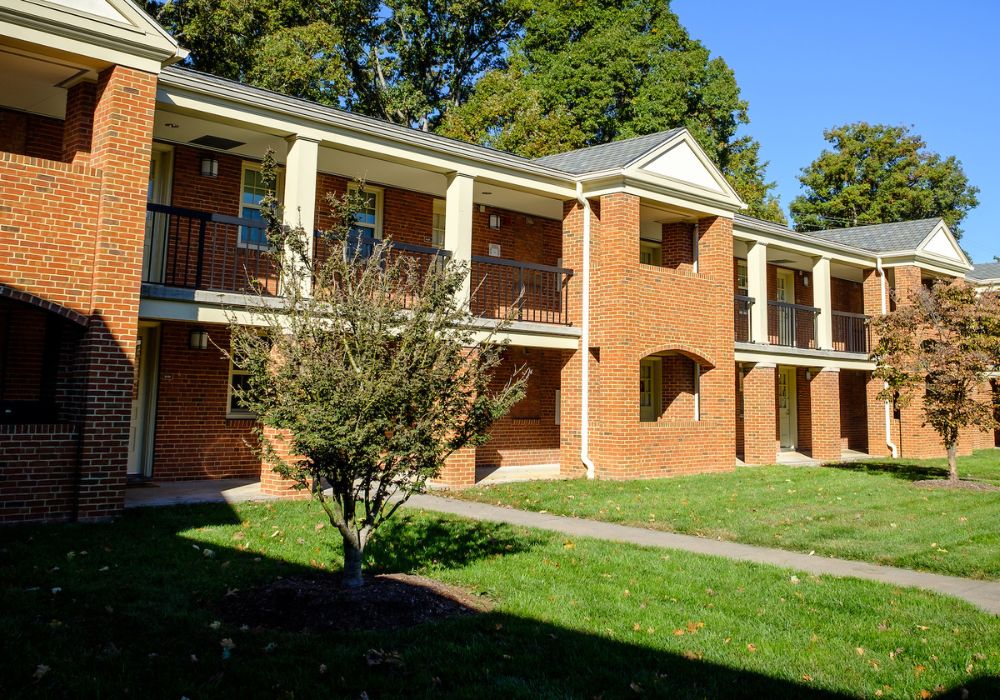When a landlord passes away suddenly, it can be an unsettling time for tenants who are living in one of their rental properties. Questions about things like paying rent, lease agreements and future plans for the property may arise.
In this article, we will explore some common questions tenants have about their rights and responsibilities when their landlord dies.
What Happens to Your Lease?
If you have a current lease or rental agreement in place for the property, it will not automatically terminate due to the landlord's death. The terms of your lease will continue to be valid and enforceable. The ownership of the property will typically transfer to the landlord's heirs or estate.
If there is an executor handling the estate, they will assume the landlord's position and responsibilities outlined in the lease. Tenants should continue following the obligations in their lease, such as paying rent on time.
The new owner or estate representative cannot arbitrarily cancel a fixed-term lease agreement due to the landlord's passing.
Related: What Rights Do Tenants Have Without A Lease?
Do You Need to Find a New Place to Live?

Unless your lease is close to expiring, the death of your landlord generally does not require you to move out or relocate. If there are months remaining on your lease, you have the right to remain in the property until the agreed upon end date.
The new owner or estate would need to go through legal proceedings like filing for eviction if they wanted you to leave before the lease term is complete. With a month-to-month tenancy that does not have a fixed end date, the new representatives could provide standard notice, usually 30 days, for you to vacate.
But the tenant rights in these situations should be clarified with local housing laws.
Who Do You Pay Rent To Now?
Until the executor or new property owner is determined, rent payments should be made but held in an separate escrow or trustee account rather than sent to the deceased landlord. Be sure to get receipts for any payments held this way.
Once the estate is settled, tenants will be notified of who legally owns the home now and should direct future rent to them.
During the interim period, it's important tenants continue fulfilling their rental obligations on time to avoid issues down the line.
Can the New Owner Increase the Rent or Change the Terms?
If a tenant has a valid fixed-term lease signed by the prior landlord, the new property owner must generally honor all terms of that agreement, including rent prices. They cannot raise rent or amend other lease provisions without tenant consent until after the current lease expires.
For month-to-month agreements where advance notice is standard before a change, the new landlord would need to provide proper notification before changing lease terms like increasing the monthly rent amount due.
Tenants have certain protections from sudden or unreasonable changes to their rental agreements when ownership changes hands after a landlord's death.
What Happens With a Month to Month Agreement?
If a tenant was renting on a month-to-month basis without a fixed end date lease, the new owner is allowed to provide standard notice, typically 30 days, of their intent to terminate the month-to-month tenancy. This would require the tenant to vacate the premises by a set date.
However, terminating a tenancy still needs to follow all procedures under local landlord-tenant laws. Reasons like wanting to move in themselves or do significant renovations could warrant ending a periodic tenancy. But tenants retain rights around moving timelines and limiting reasons for an immediate termination of agreement.
What If You Had an Oral Agreement?
While oral month-to-month agreements or "handshake" deals are less securely binding than written ones, tenants with proof they paid regular monthly rent for a period of time could still assert rights to proper notice before needing to leave.
Important records showing a regular pattern of payments should be retained for the time being in case any issues arise from the informal rental situation.
As with any changes, the estate or new owner would have to abide by standard notice periods when ending such periodic oral tenancies when a landlord passes away.
Are There Any Protections After a Landlord's Death?
Many tenant protections remain the same regardless of a landlord's death, such as regulations around rental housing codes and health/safety standards. Tenants still retain rights to address issues like needed repairs or violations.
In general, the estate representatives pick up where the landlord left off in terms of property management responsibilities as defined by active lease agreements and housing laws. Proper notice for actions like rent increases or ending tenancies must still be provided.
Keep thorough documentation of all rental transactions for proof of payment history during any transition period. With questions, consult with a local legal aid office for housing-specific guidance as situations vary by location.
Conclusion
In conclusion, while a landlord's passing may create uncertainties, tenants still have rights defined by rental agreements, housing laws and proper procedures that must be followed. With clear documentation and patience through estate settlement matters, most rental situations can continue smoothly or end appropriately through legal channels if needed. Seeking legal counsel can also help ensure both tenant and new property owner responsibilities are properly understood during a time of transition. With communication and adherence to standard procedures, successful resolutions are often achievable.





